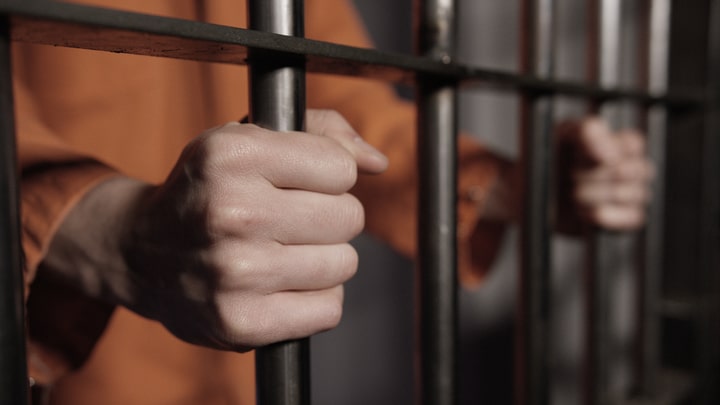
There are several outcomes to when a juvenile under the age of 18 is held in custody for a crime. The first outcome is whether the juvenile committed a serious crime, such as murder, rape, or forcible sexual acts on a victim under the age of 14. If the juvenile is at least 14 years old at the time of a felony crime, he/she may be tried as an adult. It is essential to hire a juvenile defense attorney at once, preferably before the detention hearing is held.
Detention Hearing
Any juvenile in custody must be brought before the court within 48 hours after being detained. The parents or guardian should already have an attorney with them to help understand what the charges are, as presented by the judge. The attorney’s role is to plead for the juvenile to be released as California does not give the possibility for bail
This is also the time where the judge gets input from the prosecutor, the juvenile defense attorney, the parents, and a probation officer, if one is already in place from an earlier crime conviction. This process is covered under the California Welfare & Institutions Code § 635. This process is for the judge to determine if there is a chance for rehabilitation of the juvenile.
The court decides, based on the crime, whether the juvenile is eligible to be released to the parents or guardian, or whether the juvenile, under a serious criminal charge, must stay in jail until a “trial” begins, also known as the jurisdiction hearing. This hearing must take place within 15 days and is where the judge passes the sentence.
Juvenile history review
During the preliminary detention hearing, the judge decides on the status of the juvenile, based on
If these crimes were not felonies, the juvenile may receive a probation sentence which could include community service and paying restitution to the victim in a way the judge sees fit. Typically, the parents handle financial restitutions as well as a portion of daily fees for detention.
Sentencing for Serious Crimes
Serious crime sentences are imposed where the juvenile in custody is put into a probation camp, a group home, juvenile hall, or juvenile prison under the California Division of Juvenile Justice (
Terms of Custody
Sentencing in serious crimes usually carries variable terms of custody. If a juvenile commits a serious crime before age 16, then he/she can be held as a ward of the state until the age of 21. If the juvenile was 16 years old or more when the crime was committed, he/she may be held in custody under the previously-mentioned judicial choice of custody until the age of 25.
Call us at once if you need help with a jailed juvenile custody case. (619) 234-2300

